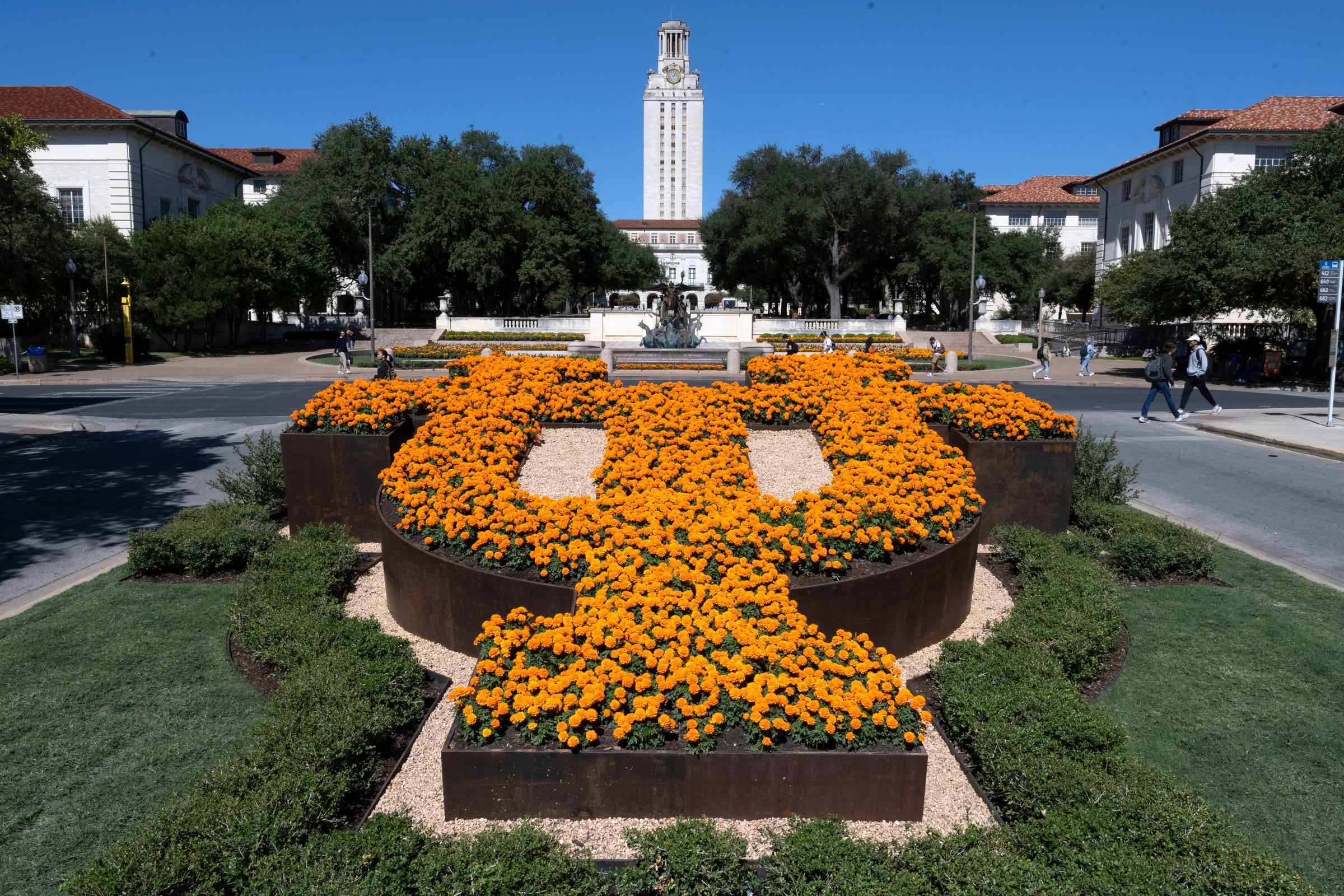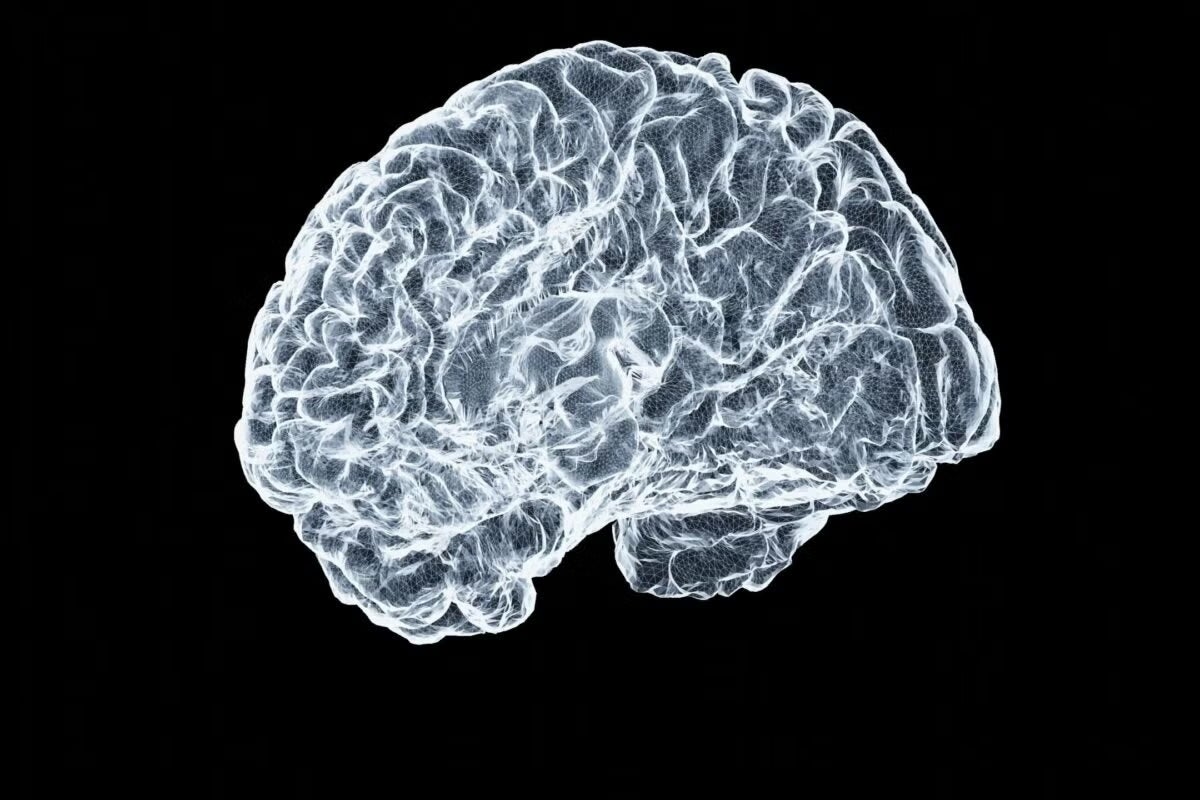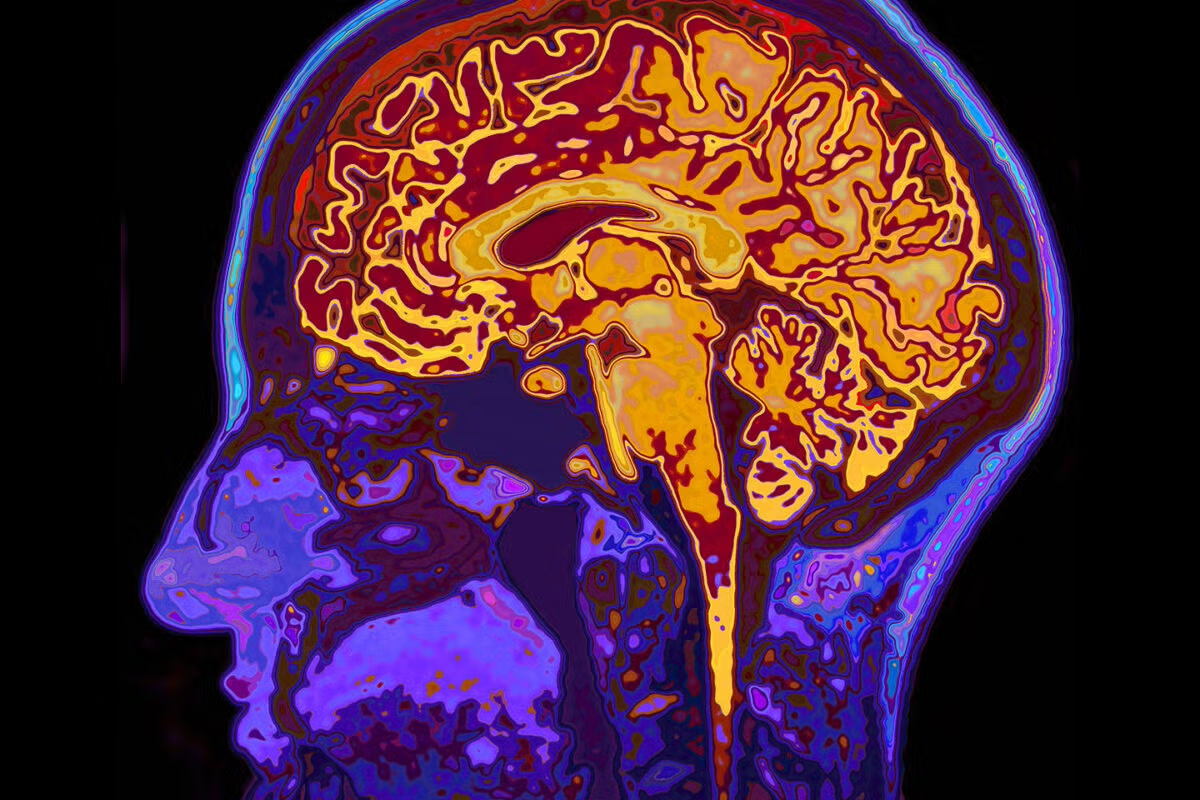Resetting the Alcoholic Brain
The brains of people experiencing alcohol addiction have different patterns of gene expression than those without addiction. Could this lead to a new kind of therapy?

Adron Harris, director of the Waggoner Center for Alcohol and Addiction Research, and his team mapped the differences in gene expression between an alcoholic's brain and a non-alcoholic's brain. They found that, as a person becomes dependent on alcohol, thousands of genes in their brains are turned up or down, like a dimmer switch on a lightbulb, compared to the same genes in a healthy person's brain.
The scientists are now using an innovative technique to find drugs that can, in a sense, turn those switches back to their original settings and, they hope, revert an alcoholic's brain into a non-alcoholic brain. The work might help the millions of people who suffer with the emotional, financial and health consequences of alcoholism.
Show Notes
UT to lead $29 million series of studies on alcoholism and the brain



